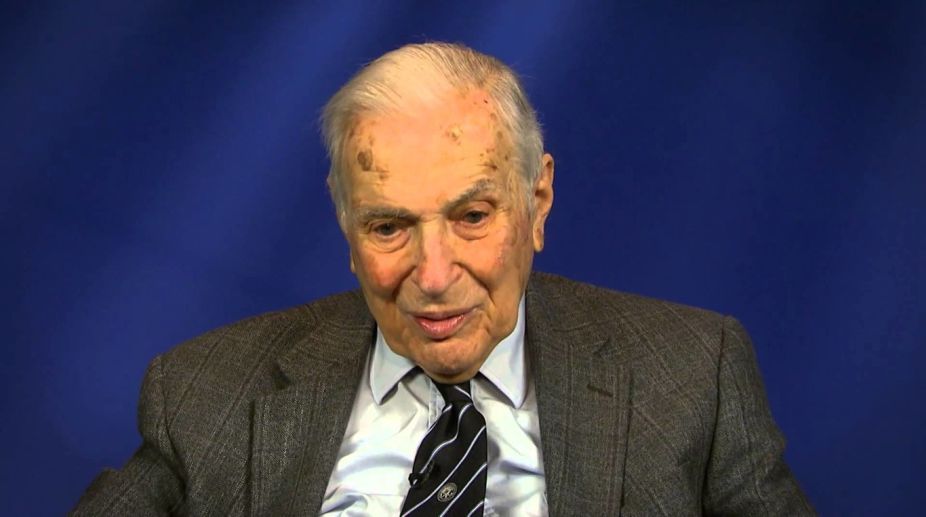Not many, even among economists, may have been able to grasp the “impossibility theorem” of Kenneth Arrow, who passed away on Tuesday at the ripe age of 95.
At 51, he was the youngest Nobel Laureate, having been conferred the award in 1972 in league with the British economist, Sir John Hicks. And the encomiums over the past three days are more than the customary obituary reference; they testify to his seminal contribution to economic theory, general equilibrium and welfare — verily an “Albert Einstein of Economics”, as another Nobel Laureate, Alvin Roth, has described him.
And then the gem of a reference — “Ken was a giant in an astonishing way”. The award of the National Medal of Science was the icing on the cake in 2007. It is no reflection on the several Nobel Prize winners in Economics to aver that Kenneth Arrow was one of the greatest economists of the 20th century. The value of his contribution may not be readily comprehensible to the uninitiated not merely because of the profundity of thought, but also on account of the overdose of mathematics.
Advertisement
Pioneering was his contribution to the theory of general equilibrium and welfare, the Nobel Memorial Prize in Economic Sciences being the mark of recognition. He had crafted the book, Social Choice and Individual Values in 1951, long before the concept of social choice theory became the subject of academic discourse.
“Arrow’s Impossibility Theorem” addresses issues of collective decision-making as opposed to one-person governance as manifest nearer home, nearly 50 years after it was formulated. The theorem states that a group of people cannot make decisions that are reflective of individual desires, other than in a dictatorship. Crucially, the theory argues that there is no ideal voting system, once again long before the periodic tryst with democracy was vitiated by the political class.
Beyond economics, Arrow was remarkably vocal on such issues as the Middle East and climate change. In 1988, he wrote an open letter to then Israeli prime minister Yitzhak Shamir, challenging the latter’s stance on an “undivided land of Israel”, couched in an appeal to end violence between Israelis and Palestinians. Thirty years later, the issue festers still.
He was a co-author of the “Economists’ Statement on Climate Change,” issued in 1997 and signed by more than 2,400 US economists, highlighting the hazards of global warming. All three issues — the Middle East, identity politics, and climate change — dominate the agenda of the new US administration. The thoughts of Kenneth Arrow are of abiding import.
Advertisement











